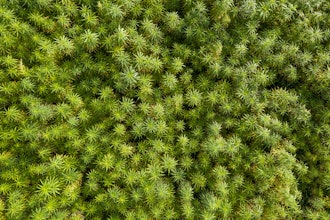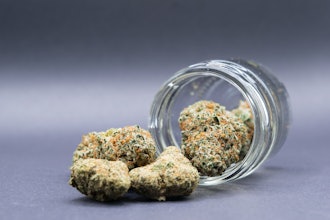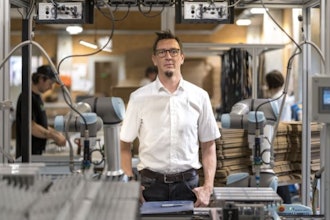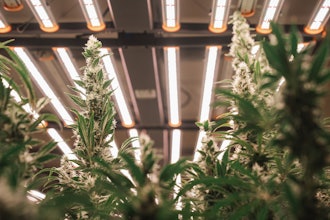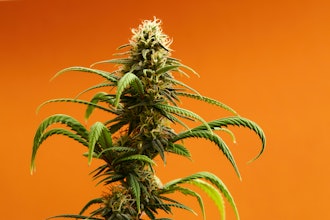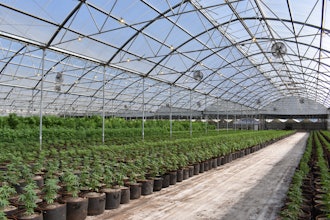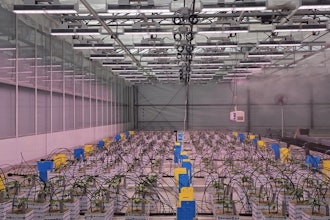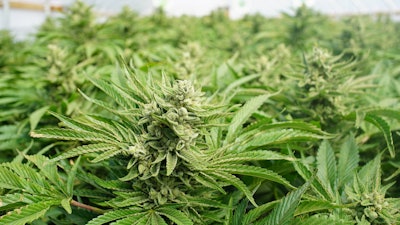
Conception Nurseries today published a white paper detailing the previously undisclosed and hyper-innovative tissue culture cloning methods to prevent common and potentially industry wrecking diseases in cannabis cultivation. Detailed within the report are the cultivation processes developed by the company that provide cost savings and yield increasing solutions to pervasive viruses and viroids.
The white paper explains that the surest means of safeguarding against viruses and viroids is to reimagine the cultivation process from the beginning. Conception Nurseries recommends cultivators start with clean stock, which is most effectively achieved via tissue-cultured clones as opposed to traditional mother plant propagation.
More rigorous and transparent testing of the initial plant matter allows cultivators to start their grows with healthier, cleaner clones from the onset. As detailed in the published document, using genetically identical tissue-cultured clones that have been meticulously managed for optimal, disease-free plants at the start of the growing cycle produces the highest potential for increased revenue and decreased risk of infected plants in the latter stages of the plant’s growth.
Conception Nurseries cultivars are subjected to meticulous sampling and testing for viruses and viroids to verify their pathogen-free condition. The most widely known viruses and viroid that affect cannabis, include:
- Hop Latent Viroid (HLVd)
- Lettuce Chlorosis Virus (LCV)
- Alfalfa Mosaic Virus (AMV)
- Tomato Mosaic Virus (TMV)
- Beet Curly Top Virus (BCTV)
Decreasing costs is an underlying focus of the cultivation practices detailed in the paper, specifically the costs related to expensive treatments of infected mother plant cloned products and/or wide scale remediation of infected plants. As seen in traditional horticulture, the absence of sterility in tissue culture methods often results in elevated losses, greater expenses and increased work requirements. This trend is particularly prevalent in the cannabis industry.
The strongest recommendations in the report for decreasing costs are a global shift to tissue-cultured plants as opposed to the traditional mother plant propagation model.
Conception Nurseries uses meristem culture initiation which ensures the production of the plants that are free from contamination and have minimal risk of virus. The recommended shift to tissue-culture clones eases grower costs associated with labor (management and prevention of viruses), and presents the added benefit of increased crop yields, which tissue cultured clones have been widely recognized to produce.










